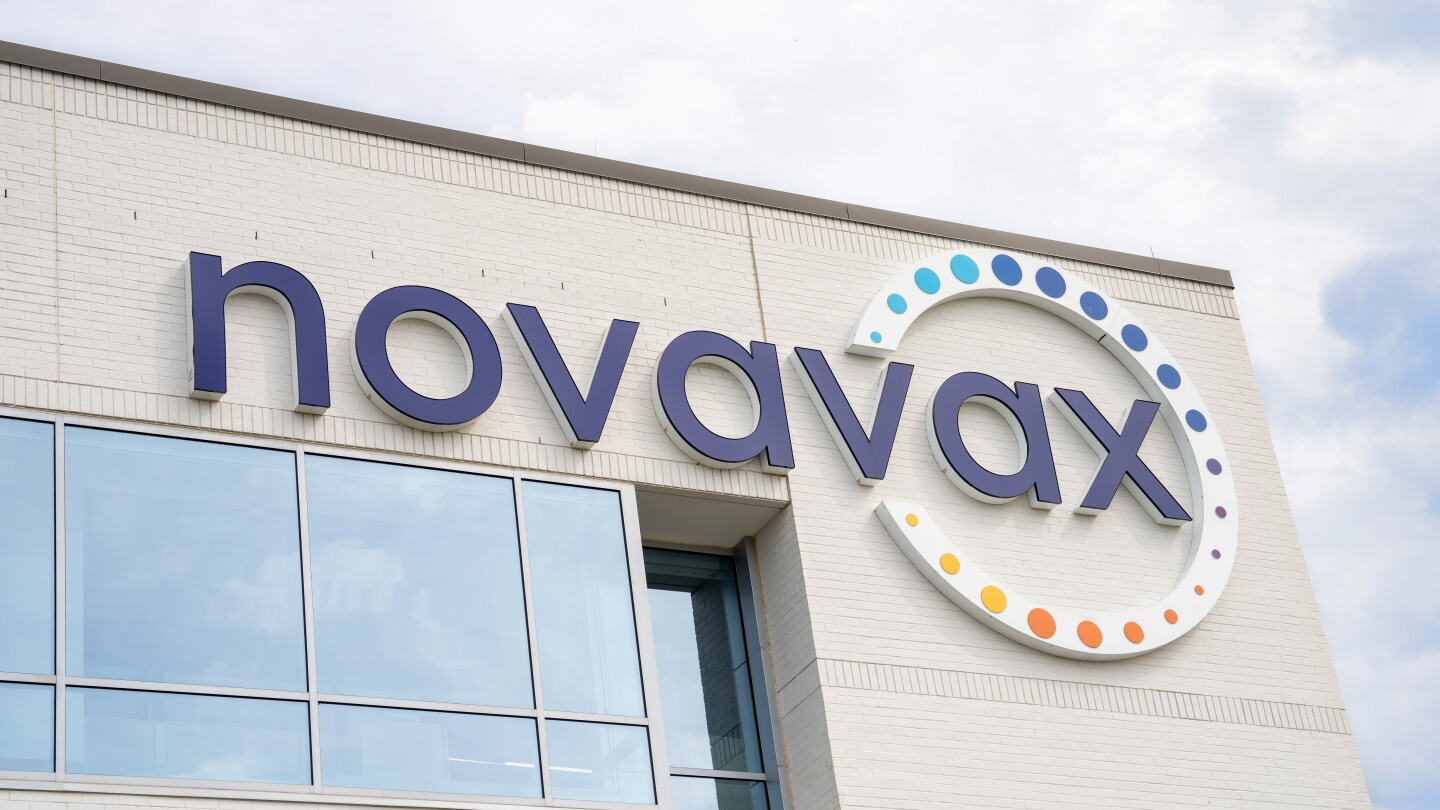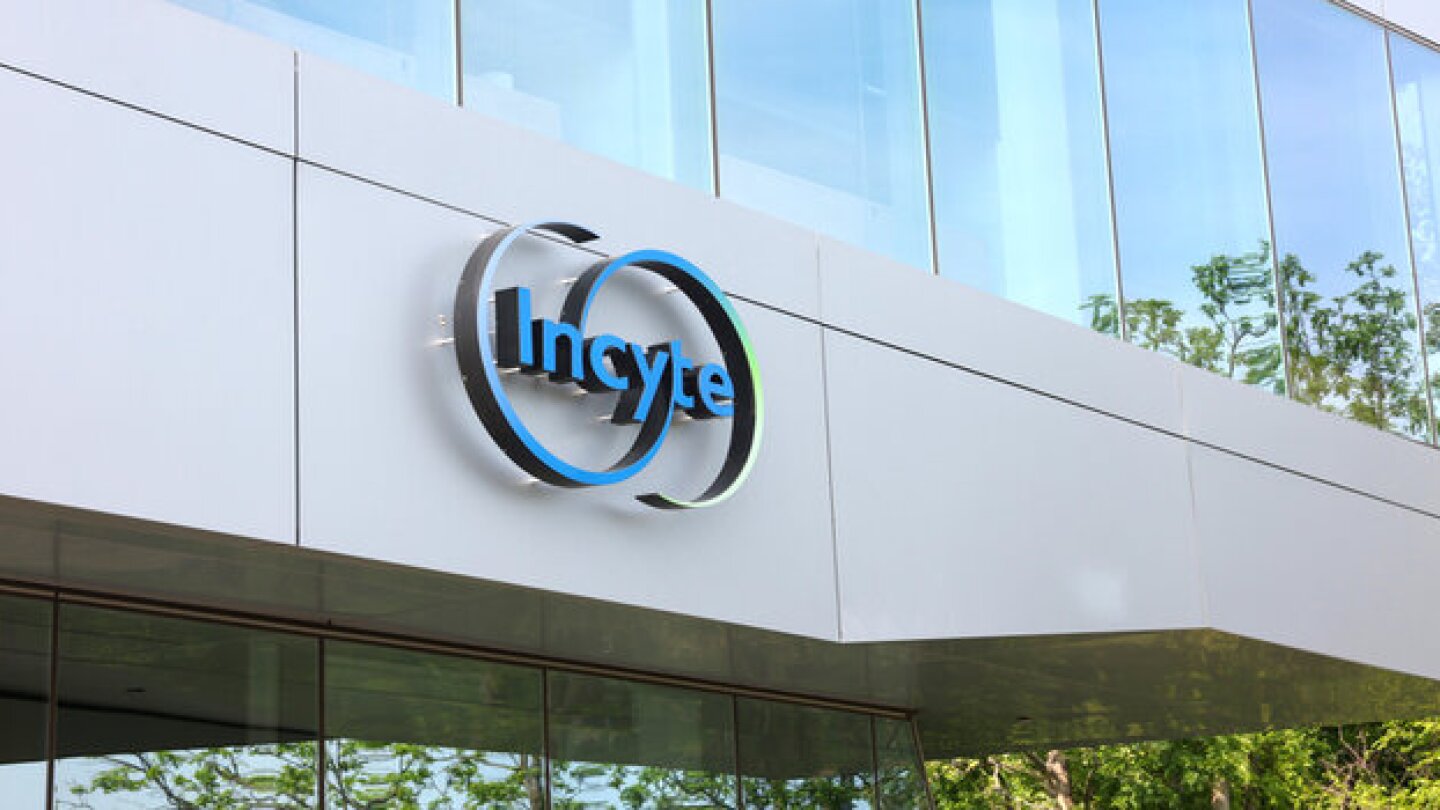News
Shanghai-based LaNova Medicines—which has captured the attention of some of the biggest Western pharmas—will be folded into fellow Chinese company Sino Biopharmaceutical in a deal worth up to $951 million.
FEATURED STORIES
While investors and analysts push for a deal, Biogen CEO Chris Viehbacher and Head of Development Priya Singhal refuse to make one out of desperation.
Amidst a “renaissance” of interest in neuropsychiatry, Seaport’s executive team is taking nothing for granted.
BioSpace recaps 2024’s top venture capital rounds in biopharma, from Xaira Therapeutics’ blockbuster $1B raise to back-to-back series from obesity-focused Metsera that totaled more than $500M in a space that has garnered more than a fivefold increase in VC dollars this year.
Job Trends
Sanofi is disappointed with the Federal Trade Commission’s announcement that it is seeking a preliminary injunction against a proposed licensing agreement between Sanofi and Maze Therapeutics.
FROM OUR EDITORS
Read our takes on the biggest stories happening in the industry.
Unpredictable communication and a lack of transparency are eroding the industry’s and the public’s trust. The FDA, experts agree, needs to take control of the narrative.
THE LATEST
Regeneron promised to comply with 23andMe’s consumer privacy policies and related data security laws.
Taking center stage at the American Society of Gene and Cell Therapy meeting was the first-ever reported case of a personalized in vivo CRISPR editing therapy, which substantially eased the symptom burden in an infant.
The restrictions on Novavax’s vaccine could portend changes at the FDA. Commissioner Marty Makary suggested last week that the agency could update its vaccine approval guidelines “in the coming days.”
Analysts at BMO Capital Markets said in a weekend note that a non-invasive blood test could help boost uptake of Alzheimer’s disease therapies.
While sparking excitement among biopharma companies focused on rare and ultrarare indications, experts say FDA Commissioner Marty Makary’s proposal is light on details and raises potential concerns about safety, access and liability.
The FDA and NIH recently announced plans to phase out animal testing requirements for some therapies. While organoid and AI providers celebrate, scientists warn that questions over safety, applicability and implementation remain.
While the Trump administration has painted the jettisoning of staff and regulations as good for business, there are multiple reasons it’s unlikely to work out that way.
The star of the acquisition is the enzyme replacement therapy INZ-701, being developed for the rare disease ENPP1 deficiency.
The FDA also approved the use of Zynyz as a monotherapy for patients with squamous cell carcinoma of the anal canal who are intolerant to platinum chemotherapy or whose disease has progressed.
Since Elevidys’ accelerated approval in 2023, experts have been clamoring for more data, particularly in older and non-ambulatory children. New results, presented Friday, show mobility improvements in 8- to 9-year-old patients after one year of follow-up.

















